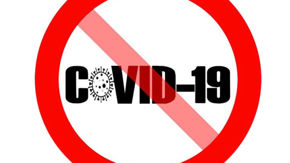1) Habit 5 - Seek First to Understand, Then To Be Understood
Habit 5 is the habit of Empathic Communication. Empathy is truly hearing and understanding the best of your ability what the other person is feeling - your boss, family, spouse, colleagues. The deepest need of the human heart is to feel understood. Taking time to really understand the other persons perspective.
2) Habit 5 - Presented by Stephen Covey
Diagnose Before You Prescribe : In every profession without an exception and you'll always find to understand proceeds action, to understand precedes judgement. Doctors diagnose before they prescribe and teachers pre-assess before they teach.
To listen empathically requires a fundamental paradigm shift.
Empathic listening is active listening with the intent to understand by listening with your ears, your eyes and with your heart.
The 5 phases of learning Empathic Responses are by - 1)Mimicking 2)Rephrasing 3)Reflect feeling 4)Rephrase content and reflect feeling 5)Say nothing.
When you learn to do this well, you will see that people are appreciative of it, and are starting to listen to your advice and opinions.
3) Indian Talking Stick
The Talking Stick is a powerful communication technique that ensures a code of conduct of respect during meetings is followed. The person holding the stick, and only that person, is designated as having the right to speak and all others must listen quietly and respectfully.
When it is someone’s turn with the talking stick, it is his or her turn to speak without interruption. As they pass the talking stick from person to person ideas and opinions are shared and respected.
4) Emphatic Listening Video
Emphatic listening means listening with the intent to understand others point of views and feelings. It is one of the important habit any leader can practice and is the key to effective results and interpersonal relationships in teams and in organizations.









![Show details for [Topic 7] 7 Habits : Seek First to Understand, Then to Be Understood (Habit 5) Picture of [Topic 7] 7 Habits : Seek First to Understand, Then to Be Understood (Habit 5)](https://www.renecosystem.com/reneco/images/thumbs/0016683_topic-7-7-habits-seek-first-to-understand-then-to-be-understood-habit-5.jpeg)

